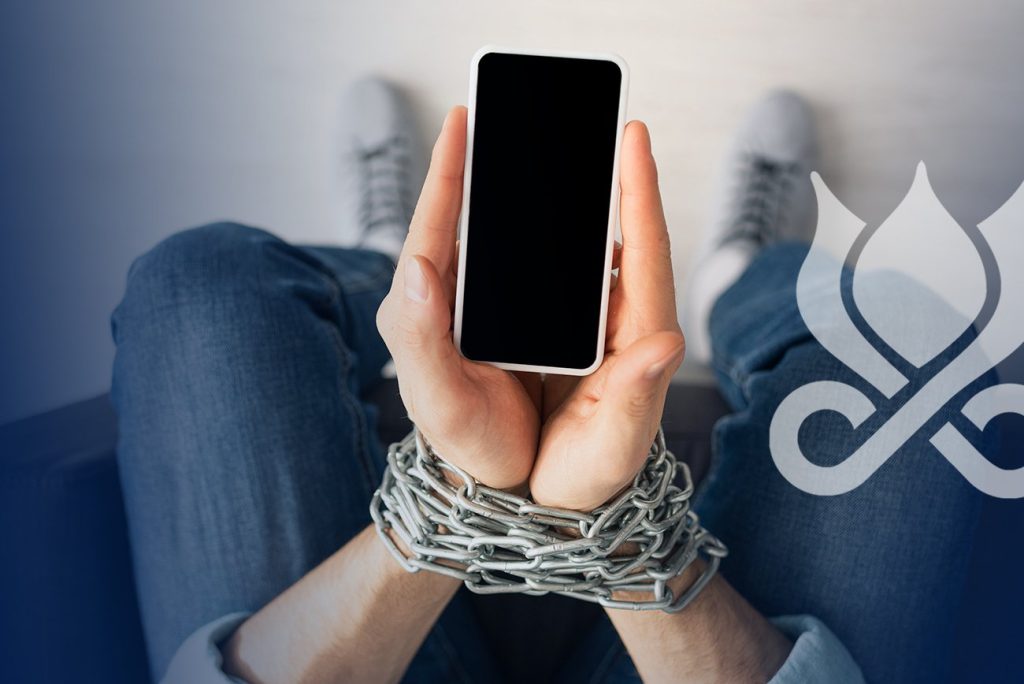Technology has become integral to our lives, offering countless benefits and presenting challenges. The constant connectivity and screen time can adversely affect our physical and mental health. Here’s a closer look at how technology impacts your health and some practical tips to help you disconnect and recharge.
Understanding the Impact of Technology on Health
Technology affects various aspects of our health, from physical to mental well-being. Prolonged screen time can lead to issues like eye strain, headaches, and disrupted sleep patterns. Additionally, constant exposure to social media can increase feelings of anxiety, stress, and loneliness. Recognizing these impacts is essential to take proactive steps toward healthier tech habits.
Physical Health Concerns
Extended periods of screen use can cause several physical health problems. Digital eye strain, or computer vision syndrome, is a common issue resulting from staring at screens for too long. Symptoms include dry eyes, blurred vision, and headaches. Moreover, poor posture while using devices can lead to neck, back, and shoulder pain.
Mental Health Challenges
The digital age has significantly changed how we interact and consume information. Social media, while a great way to stay connected, can also contribute to mental health issues. The constant comparison to others, exposure to negative news, and cyberbullying can lead to increased anxiety, depression, and stress.
Tips to Disconnect and Recharge
Set Boundaries for Screen Time
Establishing limits on your screen time is crucial. Set specific hours for work and leisure activities that don’t involve screens. Use apps that track and limit your usage to help you stay mindful of your habits.
Create Tech-Free Zones
Designate specific areas in your home as tech-free zones. For instance, keep your bedroom and dining area free from screens. This encourages you to focus on activities that promote relaxation and connection with loved ones.
Practice the 20-20-20 Rule
To alleviate eye strain, follow the 20-20-20 rule: every 20 minutes, take a 20-second break and look at something 20 feet away. This simple practice can help reduce eye fatigue and improve focus.
Engage in Physical Activities
Incorporate regular physical activities into your daily routine. Exercise improves your physical health and boosts your mental well-being. Walking, yoga, or dancing can help you disconnect from technology and recharge.
Mindful Social Media Use
Be selective about your social media consumption. Unfollow accounts that make you feel negative or stressed, and engage with content that inspires and uplifts you. Consider scheduling specific times to check social media instead of constantly scrolling throughout the day.
Embrace Offline Hobbies
Rediscover the joy of offline hobbies. Whether reading a book, gardening, painting, or cooking, engaging in activities that don’t involve screens can be incredibly refreshing and fulfilling.
Prioritize Quality Sleep
Create a bedtime routine that excludes technology to ensure adequate sleep. Screens emit blue light that can interfere with your sleep cycle, so try to avoid screens at least an hour before bed.
Stay Connected in Real Life
Make an effort to nurture your real-life relationships. Spend quality time with family and friends, engage in face-to-face conversations, and participate in community activities. Genuine human connections are vital for emotional well-being.
Use Technology for Good
Leverage technology to enhance your health positively. Use fitness apps to track your workouts, meditation apps to reduce stress, and nutrition apps to maintain a balanced diet. Technology can be a powerful tool when used mindfully.
The Pompa Program’s Approach to Tech-Life Balance
The Pompa Program adopts a comprehensive approach to attaining a balanced and healthy relationship with technology. It assists individuals in addressing underlying imbalances and promoting the body’s natural healing processes through optimizing nutrition, detoxification, and lifestyle elements.
The Pompa Program enables women to achieve overall well-being and resilience by effectively managing their technology usage. Watch our webinar to discover how the Pompa Program can help you reach your health objectives. For additional perspectives, explore these Pompa Program reviews and complaints.
The information provided is for general purposes only and aims to encourage a balanced lifestyle. For personalized health concerns, consult a healthcare professional, as individual results and findings may vary.
A Healthier, Balanced Life Awaits
Incorporating these tips into your daily routine can help you achieve a healthier relationship with technology. By setting boundaries, engaging in physical activities, and prioritizing real-life connections, you can reduce the negative impacts of tech on your health and enhance your overall well-being. Remember, small changes can make a significant difference.

